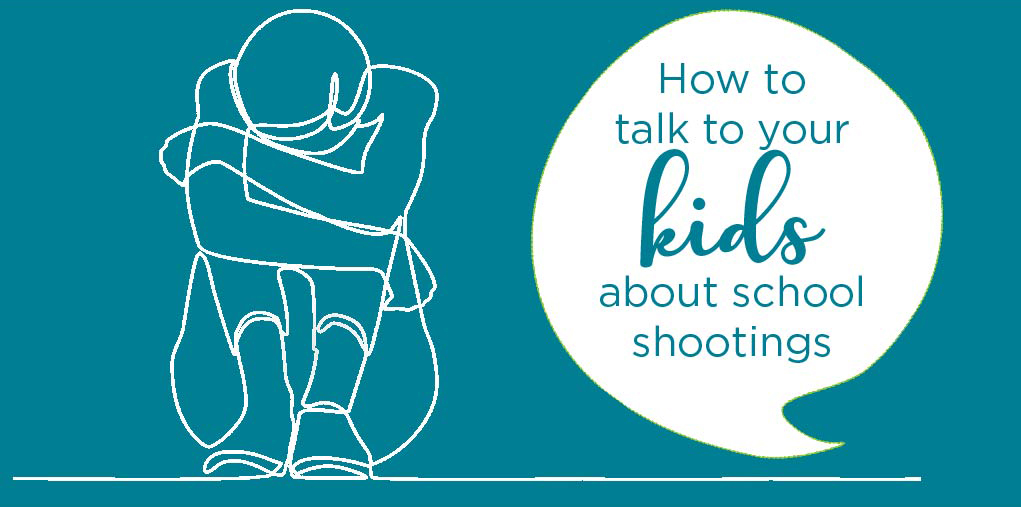
The devastating tragedy that occurred in Uvalde, Texas, where 18 children and 2 teachers were killed at school, has reignited the terror and fear that children often feel in the wake of these events. They may begin to wonder, “could this happen to me” or “am I safe at school” They may even say they don’t want to go to school because they are afraid.
What can we do to help our children feel safe in such an unsafe world FCA is planning a trauma-focused group to help teens process these and other situations. If you’re interested in this group, please contact Xanic Wood at xwood@fcagency.org. In the meantime, here are some ways you can help your children at home:
All children:
• Open up lines of communication, if they ask you about it, talk to them about it.
○ If you hear them express misinformation, correct them gently.
○ Answer their questions, and if you don’t know an answer it’s okay to say “I’m not sure.”
○ Contact your child’s school to ask what measures they take day-to-day to keep their students safe and share this information with your child – it can increase their sense of safety.
• Monitor media and news consumption. Don’t watch the news when your children are around – they can’t process these things the same way adults can and it will undoubtedly create anxiety and fear.
• Watch for signs of change. Is your child not sleeping, or saying he’s not feeling well each morning Does your child seem more nervous or on-edge
• Seek outside support if you’re concerned about your child.
Older children (15+)
• Talk openly about what happened; they have likely seen or heard about these events.
○ Ask them what they’ve heard and validate their feelings while reassuring them.
• Encourage them to get involved (or ask if they’d like to) in activism – many teens are interested in making a difference in society & it helps them to feel like they are doing something about an issue they may feel powerless to change. (Everytown.org may be a good starting point)
• Check-in with your teens, ask them if they’re okay, and let them know they can talk to you about these events and issues.
Younger children
• Use age-appropriate words. You can tell them “a scary thing happened,” “a bad guy hurt people,” “the police came right away,” “yes, some kids did get really hurt.” If they ask you if people died you can say “yes, they did.”
• Make sure to end any conversation with ways kids are protected. You can say “your school keeps the doors locked all day so no one can get in,” “remember that everyone has to buzz in to the front desk before the door opens,” “just like fire drills help you practice to stay safe in case there’s ever a fire, lockdown drills help you practice to stay safe if there’s any other sort of danger,” “your teacher cares about you so much and is there to help keep you safe.”
• Remind them that there are people in their lives who will keep them safe – parents, teachers, family, counselors, etc.
• Be careful that your children are not around or in earshot of conversations you are having with other parents, family members, etc.
• Be prepared to slow down morning routines to give them affection and comfort if they need it.